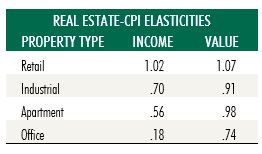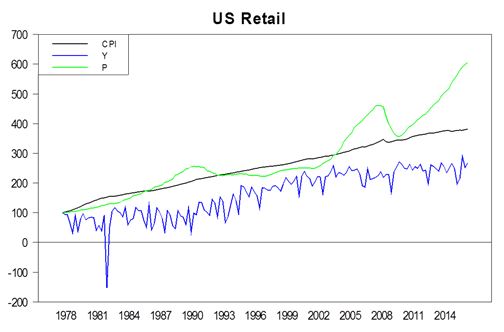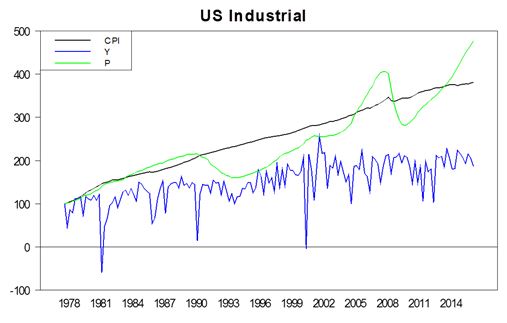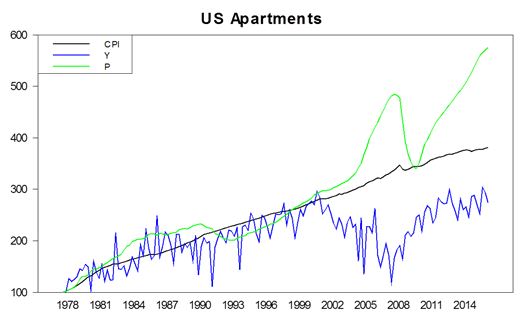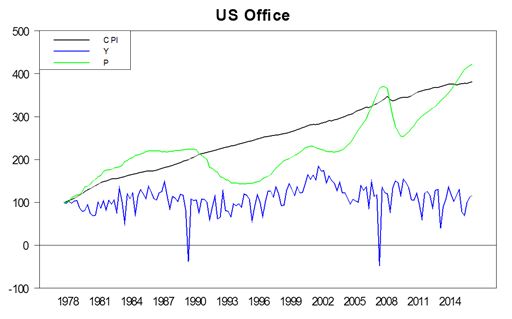/cbre_logo.png?sfvrsn=eac6e070_4)
How Can We Help You?
Sector and market analytics
Driven by economists and leveraged by market makers.
CRE performance across major metros and asset classes. History and forecast by CBRE.
Thought leaders abound
Depth, breadth and rigor concentrated at all levels.
Synthesizing macro factors and leading indicators into actionable national, sector and market research.
Advantage is CBRE
Perspectives, scale and connections that work.
Commercial and cultural insight aligned with intellectual capital and experience to fuel informed real estate decision-making.
Which data are right for you?
Data views and extracts by scenario and on demand.
Check out the fundamentals, capital markets, and data tools now on our one-pager.
Experience the platform
See first hand why top institutional investors, direct lenders and private equity firms are clients.
Set a time that works for you.
Ready to Get Started?
60 second demos.WATCH NOW |
Experience the platform.TRY IT TODAY |
Become a client.NEXT STEPS |

